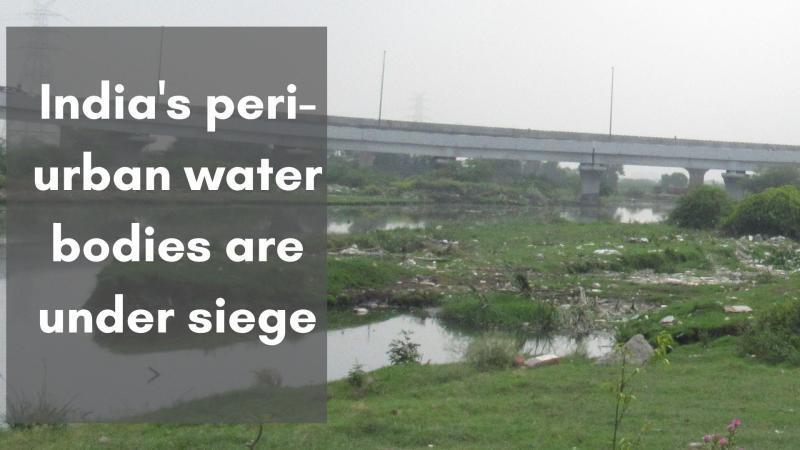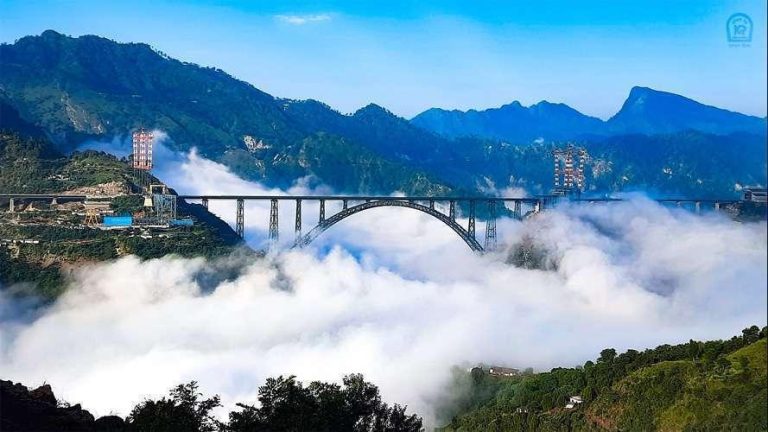
Urban Growth Threatens Ponds and Lakes, Risking Water Security
As cities continue to expand and urbanize, the natural habitats of ponds and lakes are facing unprecedented threats. These vital ecosystems and freshwater sources are not only essential for local biodiversity but also provide water security for communities. However, the degradation of ponds and lakes due to urbanization is not only harming wildlife but also putting the water security of cities at risk. It is crucial for urban planners and policymakers to find a balance between meeting the demands of development and protecting these natural resources for sustainable city growth and environmental health.
Ponds and lakes are vital ecosystems that provide a range of ecological services, including flood control, water filtration, and habitat creation for a variety of plant and animal species. They also serve as important sources of freshwater, supplying water for drinking, irrigation, and other domestic uses. However, the rapid urbanization of cities is leading to the degradation of these ecosystems, with many ponds and lakes being filled in, polluted, or converted into other uses such as construction sites or agricultural land.
According to a recent report by Research Matters, India’s peri-urban water bodies are under siege (https://researchmatters.in/news/indias-peri-urban-water-bodies-are-under-siege). The report highlights the alarming rate at which ponds and lakes in India’s urban periphery are being destroyed, with many being filled in to make way for development projects. This not only threatens the local biodiversity but also puts the water security of cities at risk.
The degradation of ponds and lakes is not limited to India alone. Cities around the world are facing similar challenges, with many urban areas experiencing rapid urbanization and the loss of natural habitats. For example, in the United States, studies have shown that urbanization is leading to the destruction of wetlands and the loss of biodiversity (Source: National Oceanic and Atmospheric Administration).
The consequences of degrading ponds and lakes are far-reaching and have significant implications for both the environment and human communities. In addition to the loss of biodiversity, the degradation of these ecosystems can lead to:
- Reduced water quality: Ponds and lakes play a crucial role in filtering and regulating water quality. When these ecosystems are degraded, the water quality can suffer, leading to health risks for human populations.
- Increased flood risk: Ponds and lakes help to regulate the water cycle, absorbing excess water during heavy rainfall events. When these ecosystems are degraded, the risk of flooding increases, putting both humans and wildlife at risk.
- Loss of ecosystem services: Ponds and lakes provide a range of ecosystem services, including carbon sequestration, air filtration, and climate regulation. When these ecosystems are degraded, these services are lost, leading to negative impacts on the environment and human health.
So, what can be done to protect ponds and lakes and ensure water security for urban communities? Here are a few strategies that urban planners and policymakers can use:
- Integrated Urban Planning: Urban planners should prioritize integrated urban planning, taking into account the needs of both humans and the environment. This can be achieved by incorporating green infrastructure, such as parks and green spaces, into urban design.
- Conservation Efforts: Conservation efforts should be made to protect existing ponds and lakes, including the establishment of protected areas and the restoration of degraded habitats.
- Education and Awareness: Public education and awareness campaigns can help to raise awareness about the importance of ponds and lakes and the need to protect them.
- Alternative Development Options: Alternative development options, such as green roofs and permeable pavements, can help to reduce the pressure on ponds and lakes and promote sustainable urban growth.
- Collaborative Governance: Collaborative governance approaches can help to bring together stakeholders from different sectors, including government, civil society, and the private sector, to develop and implement effective solutions for protecting ponds and lakes.
In conclusion, the degradation of ponds and lakes due to urbanization is a significant threat to water security and poses a range of ecological and environmental risks. It is essential for urban planners and policymakers to prioritize the protection of these ecosystems and find a balance between meeting the demands of development and protecting natural resources. By adopting integrated urban planning, conservation efforts, education and awareness campaigns, alternative development options, and collaborative governance approaches, cities can promote sustainable growth and protect the water security of their communities.
Source:
https://researchmatters.in/news/indias-peri-urban-water-bodies-are-under-siege






